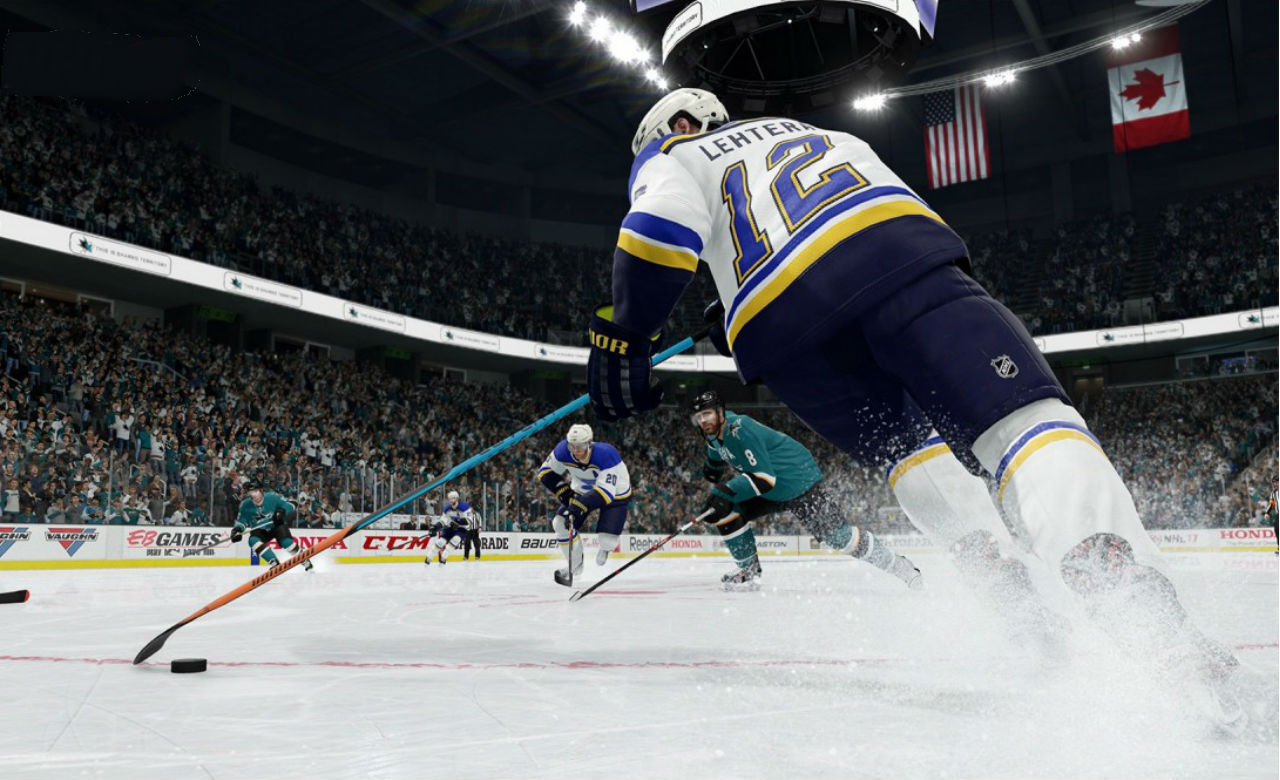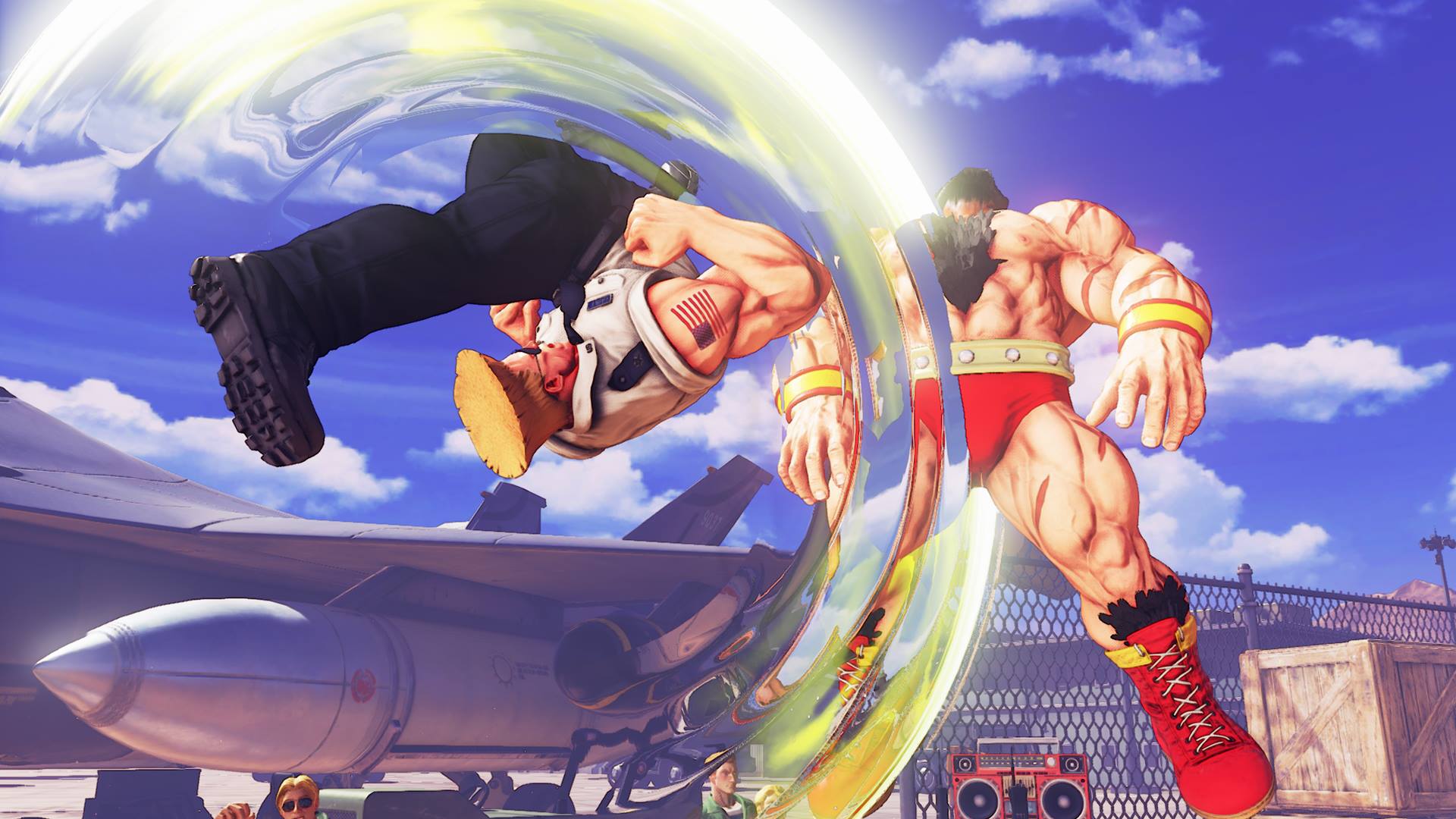Stop calling sports games casual. You couldn't be more wrong
You think sports games are casual; yearly slices of flim-flam designed to make money, entertain idiots, and fill the pockets of already over-paid professional sportsmen. Yeah, men - not many sports games featuring women out there barring tennis and Olympic tie-ins. They're stale and samey, barely bothering to change a single element of gameplay each year before casually raking piles of cash into their swollen coffers. Easy. These big publishers only care about cash - you could make a better sports game in your spare time. Because they're ridiculously casual.

You’re right about the money-making thing. Like most games (yes, even indies made by the most delicate of ‘creative minds’) sports games exist to make money. The more the better. Yearly? Yes, most sports games release every year. That’s a fact. And yes, they do entertain idiots too. I won’t sit here and deny that sports games find a substantial audience among the types of players who need the help of at least three ‘bros’ just to find the Xbox One’s power button. However, to dismiss sports games as ‘casual’ is wrong.
Ok, let’s look at the people who actually buy sports games. Diverse bunch. There are the ‘bros’ alluded to above. They’re the stereotypes you have in your mind when you write that sports games are casual crap on our Facebook posts. These bros exist. They spend money on sports games because they love sports and they want to emulate their heroes, and they're just as entitled to play video games as everyone else. Some of them play 20 games a year, others just one (usually that sports game). Then there are the ‘regular’ gamers; people who love a bit of Resi 7, or Fallout 4, or Persona 4. They buy sports games too. I know them. I work with them. I am them. Thing is, they’re usually happy with the game they get, because sports games are highly refined things.

While some just want to press X to make a ball (or other round object) float into a net, others want to control every aspect of their on-screen player’s movement. They want to live their life, signing for different teams and micromanaging their own stats to suit personal play-styles. They demand insane simulation, while more passive players just want to mash buttons when they’re drunk. And, with a few exceptions, modern sports games deliver both options time after time.
They’re so sophisticated, you could spend years mastering them - just as you would a fighting game. And many do. It takes exquisite timing and a thorough understanding of the game to master even one character in Street Fighter 5. It’s exactly the same with single teams in FIFA or NBA 2K. Learning when to use certain players, and how to run plays and set-pieces is the same as employing certain combos and throws in SF5 or Tekken 7. Meanwhile, though, sports games are so simple that even the most painfully naïve newbie can have fun playing along - just like a button-masher in a fighter.

See, sports games have grown to such a remarkable level of simulation now that even controls lists and option screens have actually become labyrinthine and intimidating. Just like your finest, most hardcore RPG. Let’s take NBA 2K17 as an example. You can adjust and tinker with every aspect of NBA 2K17. If you’re unhappy with the way the designers simulated steals, or foul tendencies, there’s a whole page full of sliders that allow you to assign values from 1-100 to perfectly tailor every aspect of the game.
How many games that are happily lumped into the ‘hardcore’ bracket allow you to adjust their rules with such microscopic precision? To mess freely with the simulation and AI without totally ruining the experience? You’re lucky if some ‘hardcore’ games even let you change your control scheme. Complexity, however, is only one facet of games that many consider to be hardcore. Often it’s the subject matter.
Weekly digests, tales from the communities you love, and more

Personally, I can’t think of a more passionate and devoted crowd than sports fans. People who stick with a single team or player year after year, often with no greater attachment to them than ‘sort of living close by’ or ‘liking their beard’. Sports fans put other gaming enthusiasts to shame. So, you can name 50 Pokemon? Ok, I’ll be generous - you can name 75. Sports gamers can not only name the starting line-ups for every team in their chosen league (and many beyond), but they remember dates, stats, scores... they delve so deeply into their passion that it becomes part of their identity.
So God help any developer who drops the ball with a single stat or player name in a sports game. It’s amazing - given developers are under pressure to produce a new game every year - that more mistakes aren’t made. But, you see, the people who make sports games are not only passionate about making games, but they love sports too. They play their own game outside work, at lunchtimes, on the road. Games that elicit this kind of dedication are surely worthy of the ‘hardcore’ tag.
Sports games are among the most complex, yet easily accessible experiences on console. They’re amazingly accurate, yet fully customisable, simulations of unpredictable human events. And they're remade and refreshed every year (to greater or lesser extents) to a brutal timescale, designed to please an incredibly discerning crowd. In my mind, there’s nothing ‘casual’ about sports games except the misguided manner by which they’re routinely dismissed every year.



